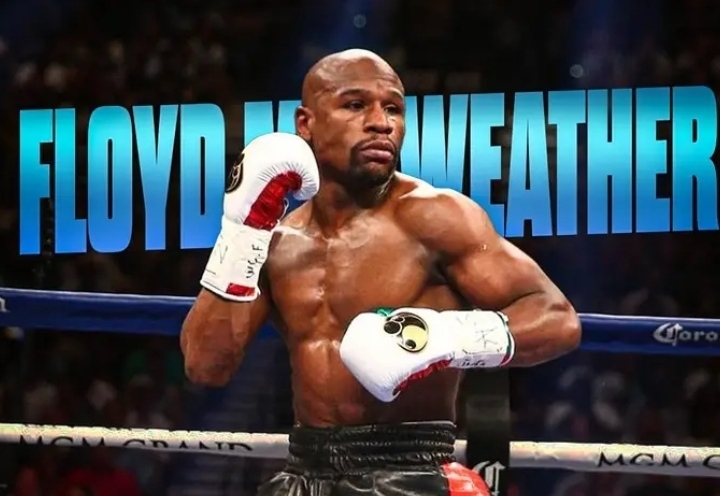
This post has already been read at least 11448 times!
Media icon and Chairman of THISDAY and ARISE Media Group, Prince Nduka Obaigbena, on Wednesday announced the forthcoming launch of a new indigenous social media platform, Lekeelekee, set to debut in January 2026, as part of efforts to reclaim Africa’s stake in global information distribution and protect the future of journalism in the era of artificial intelligence (AI).
Obaigbena made the announcement while delivering a powerful address at the 21st All Nigeria Editors Conference (ANEC) 2025, held at the Presidential Villa, Abuja, where he also made a passionate appeal to Nigerian editors to unite in defending democracy, national stability, and the hard-won economic reforms of the past two years.
Reflecting on Nigeria’s turbulent political past, especially killing of Ken Saro-Wiwa by the regime of the late Head of State, General Sani Abacha, the media mogul said:
“As we sat in one of the conference rooms of the FEC, the soldiers walked to us and said to us, Ken Saro-Wiwa has just been executed. That was 30 years ago, under military dictatorship. So, 30 years after, we are here celebrating engagement with the president of the Federal Republic of Nigeria. So, I thought we must understand why democracy matters. Why we must engage. Why we must sustain democracy for the greater good of the Federal Republic of Nigeria.”
He reminded the gathering that the Nigerian press has historically shaped the country’s political leadership, noting that three of the nation’s most iconic figures—Dr. Nnamdi Azikiwe, Chief Obafemi Awolowo, and President Bola Ahmed Tinubu—were all media proprietors who rose to positions of national leadership.
“The first was Dr. Nnamdi Azikiwe, who was President of the Federal Republic of Nigeria, Head of State without being Head of Government. The second is Chief Obafemi Awolowo, who was leader of opposition and later Deputy Chairman of the Federal Executive Council under Gowon. The third is President Bola Ahmed Tinubu, who is both leader of government and Head of State,” Obaigbena recounted.
“So we’ve had the fortune of having a media owner as Head of State. Therefore, hosting us today is an advancement of that. Therefore, it means we have to engage, we have to discuss, and we have to understand ourselves.”
Turning to Nigeria’s economic realities, Obaigbena emphasized that the country was “at a crossroad of reforms” and warned that political or diplomatic missteps could erode the fragile stability achieved so far.
“We are at a crossroad of reforms, which has been hard and hard fought. And now we stand on the gates of stability. We must protect that economic stability with everything we have. Because if we lose the current stability, we lose the sacrifices of the last two years,” he cautioned.
He specifically warned against any actions that could provoke external sanctions, stressing:
“Collectively, we cannot allow a U.S. sanction. Because a U.S. sanction will destabilize the economy and bring us all back to the time before the reforms. What does that mean? It means we must engage. It means we must build a coalition of the willing to defeat terrorism and insecurity and defeat poverty.”
Addressing the editors directly, Obaigbena underscored their vital role in preserving democracy and promoting informed national discourse.
“As editors, that is our key role in ensuring stability,” he said, calling on them to use their platforms responsibly to sustain peace, democracy, and progress.
The Co-Chair of the 21st All Nigeria Editors Conference (ANEC), also delved into the profound changes being driven by artificial intelligence and the dominance of global tech giants, warning that Africa risked marginalization if it failed to act.
“We are in the age of AI. It means your whole financial model of having the algorithms of Google leading to searches for all of us, may be leading to monetization of content, is changing. AI is changing the format of Google and the format of the search engine. And it’s going to change how journalism is run,” he said.
He noted with concern that “distribution of content through social media is controlled principally by the U.S. and controlled to an extent by China,” adding that this imbalance threatens the sovereignty of African narratives in the global information order.
In response to this challenge, Obaigbena unveiled his latest innovation—a homegrown social media platform named Lekeleke, developed by ThisDay and Arise Media Group to empower African media and redefine digital engagement.
“At THISDAY and ARISE Media Group, we have launched our own channel, our own social media channel, to be released in January, called Lekeelekee. And that will shape the future and challenge the dominance of the U.S. and China,” he announced to applause from the audience.
He urged African journalists, innovators, and content creators to take ownership of the digital revolution by investing in homegrown technology.
“All of us have a responsibility to watch the AI-dominated future and build technology and algorithms that will affect how media is distributed and how content is earned,” he declared.
Concluding his address, Obaigbena called for unity, optimism, and patriotism in building a better Nigeria.
“As we gather here today, I think we should celebrate democracy. And we should celebrate Nigeria. And we should work together for the sake of Nigeria. So as we celebrate free speech and Nigeria, I want all of us to give a round of applause to Nigeria—Nigeria, Nigeria!”
The conference, attended by President Bola Ahmed Tinubu, senior editors, government officials, and thought leaders, continues to serve as the country’s foremost platform for shaping the direction of journalism, governance, and national dialogue in an age of digital transformation and democratic renewal.
This post has already been read at least 11448 times!




